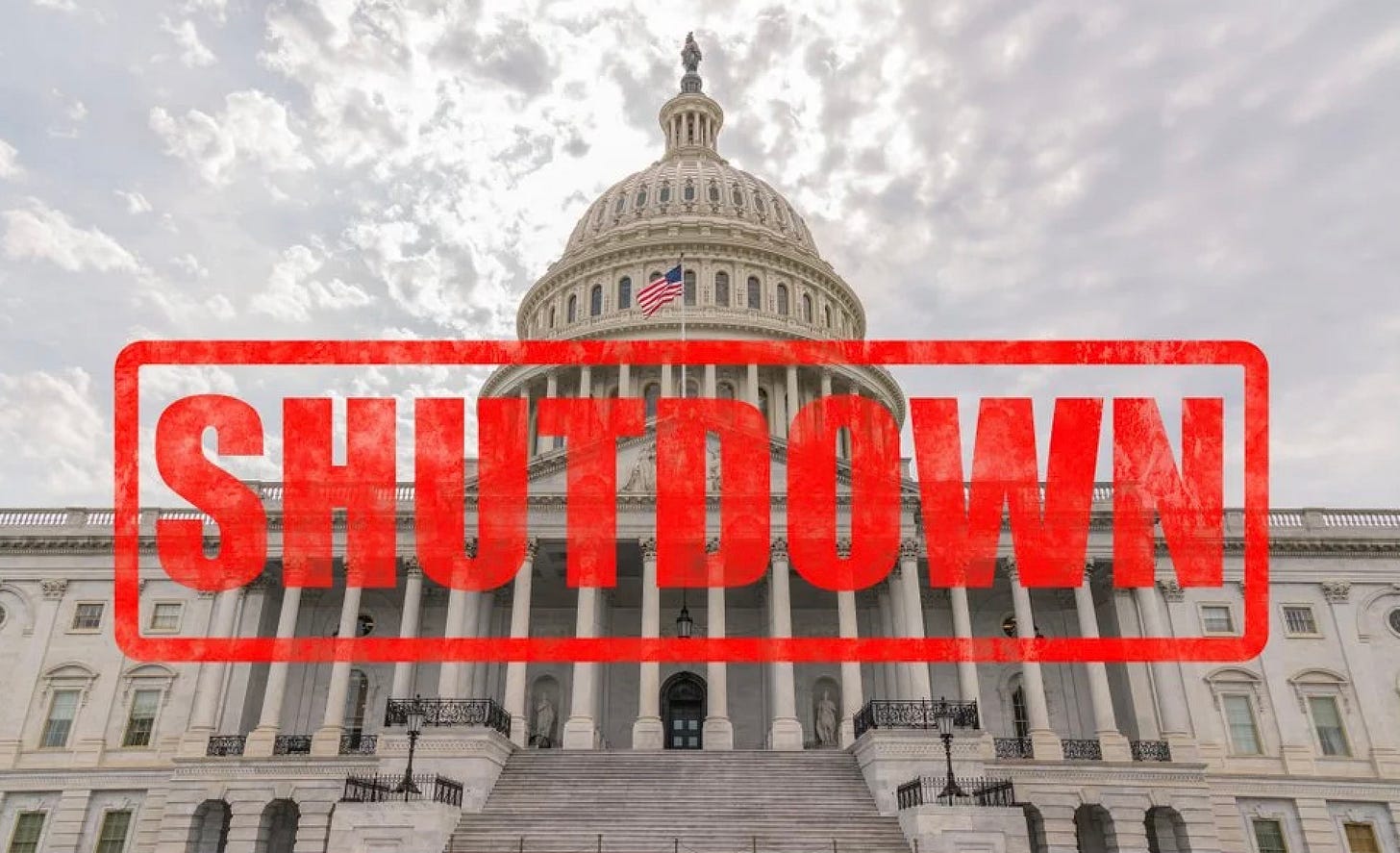Wall Street Gets Its First Staking ETFs
Grayscale adds staking to Ethereum and Solana products
Welcome to the Monday edition of the Crypto In America newsletter!
What you’ll read: The first spot ETH staking ETPs go live, Coinbase joins the federal trust charter waiting list, and a look at what’s ahead this week.

The first-ever spot staking exchange-traded products are set to launch on Wall Street today, marking a major milestone in crypto investing history.
Crypto asset manager Grayscale is adding staking to its Ethereum and Solana products: the Grayscale Ethereum Trust ETF (ETHE), the Grayscale Ethereum Mini Trust ETF (ETH), and the Grayscale Solana Trust (GSOL).
The move makes ETHE and ETH, both trading on NYSE Arca, the first U.S.-listed grantor trust spot crypto ETPs to offer staking, while GSOL, which trades OTC, becomes one of the few ways for investors to access Solana staking through a traditional brokerage account.
Rex-Osprey, another U.S. ETF issuer, was first to offer staking in its products earlier this year, but under a different structure. Its ETFs fall under the 1940 Act, which limits how they can invest. Grayscale’s Ethereum ETFs are the first U.S. spot crypto ETFs under the 1933 Act to offer staking. GSOL could soon be uplisted into an ETP, joining a wave of other spot Solana products the SEC is expected to approve in the coming weeks.
Staking is when investors lock up tokens to help secure a blockchain network and earn rewards, similar to earning interest on a savings account, allowing investors to benefit simply by holding these funds.
For ETHE, rewards will be paid out directly. For ETH and GSOL, the rewards will be built into the price of the fund over time.
The launch comes after the agency approved generic listing standards for crypto ETPs last month and issued guidance earlier this year confirming that staking does not violate securities laws.
Staking will go live for all three products at today’s market open.
👀 What To Watch This Week
The shutdown: Week two of the shutdown begins with little progress toward reopening. Senate Democrats are holding firm on their demands, the GOP is not budging, and the House remains out of session for a third straight week. Furloughed federal workers across the country continue to struggle to cover expenses without pay.
Market structure: As Crypto In America reported last week, Senator Mark Warner (D-VA) said he is not ready to set a date for a markup hearing on market structure, emphasizing that he wants to “get this right.” Banking Committee Democrats who support a bipartisan bill and want their priorities included plan to continue meeting with GOP counterparts in the coming weeks ahead of a markup, which the industry is hoping will take place before the end of October.
Meanwhile, the Senate Agriculture Committee is also eyeing this month for a markup of their draft, which has not yet been released. A committee spokesperson told Crypto In America last week, “Our goal continues to be to release a bipartisan draft as soon as possible.”
Here’s what else we’re watching:
Monday
9:00 AM ET: Kicks off Fordham Law Blockchain Regulatory Symposium. SEC Chair Paul Atkins will make remarks at 5:00 PM.
Tuesday
10:00 AM ET: The FDIC will hold an open board meeting to discuss proposed rules on prohibiting the use of reputation risk by regulators, unsafe or unsound practices, and other matters requiring attention.
Thursday
9:15 AM ET: Kicks off the North American Blockchain Summit in Dallas, Texas.
Friday
10:00 AM ET: University of Michigan releases preliminary consumer sentiment numbers.
The financial rails of the future are being built on Avalanche. Just ask Citi, JP Morgan, Blackrock or Dinari.
Find out how Avalanche is accelerating global finance.
Coinbase Gets In Line for OCC Trust Charter
The U.S.’s largest crypto exchange is the latest to apply for a federal trust charter from the Office of the Comptroller of the Currency, making it the fifth crypto-native firm to do so this year.
“We’re not the first crypto company to seek a federal charter, and we won’t be the last,” Greg Tusar, Coinbase’s vice president of institutional product, said in a blog post.
The rush for federal oversight comes down to two things. First, the desire for national recognition as Washington and Wall Street warm to crypto. Second, the need for streamlined regulation under a single federal authority rather than dozens of state regulators.
Coinbase is already regulated by New York’s financial watchdog, the NYDFS, but the state license only goes so far, requiring the company to navigate a patchwork of approvals across other states. The same is true for the other four applicants seeking OCC trust charters — Ripple, Paxos, Circle, and BitGo — all of which hold New York BitLicenses and face similar limitations.
An OCC charter would put these firms under a single regulator, giving them nationwide authority and more credibility. It would also open the door to broader access to U.S. banking services, the ultimate goal for many crypto firms that have long been shut out of the traditional banking system.
But Coinbase has made it clear that it has no intention of becoming a bank.
Others, like Ripple and Anchorage Digital, have already applied for master accounts with the Federal Reserve, which, combined with their OCC charters, could give them direct access to the Fed’s payment rails and allow them to operate more like a traditional bank.
It is unclear whether the Fed, long wary of giving crypto firms access, could be persuaded even under the Trump administration’s pro-crypto stance to grant them a coveted master account.
Remember, new editions of the Crypto In America newsletter drop every Monday, Wednesday and Friday at 7AM EST.
If you like what you’re reading, don’t forget to subscribe!






